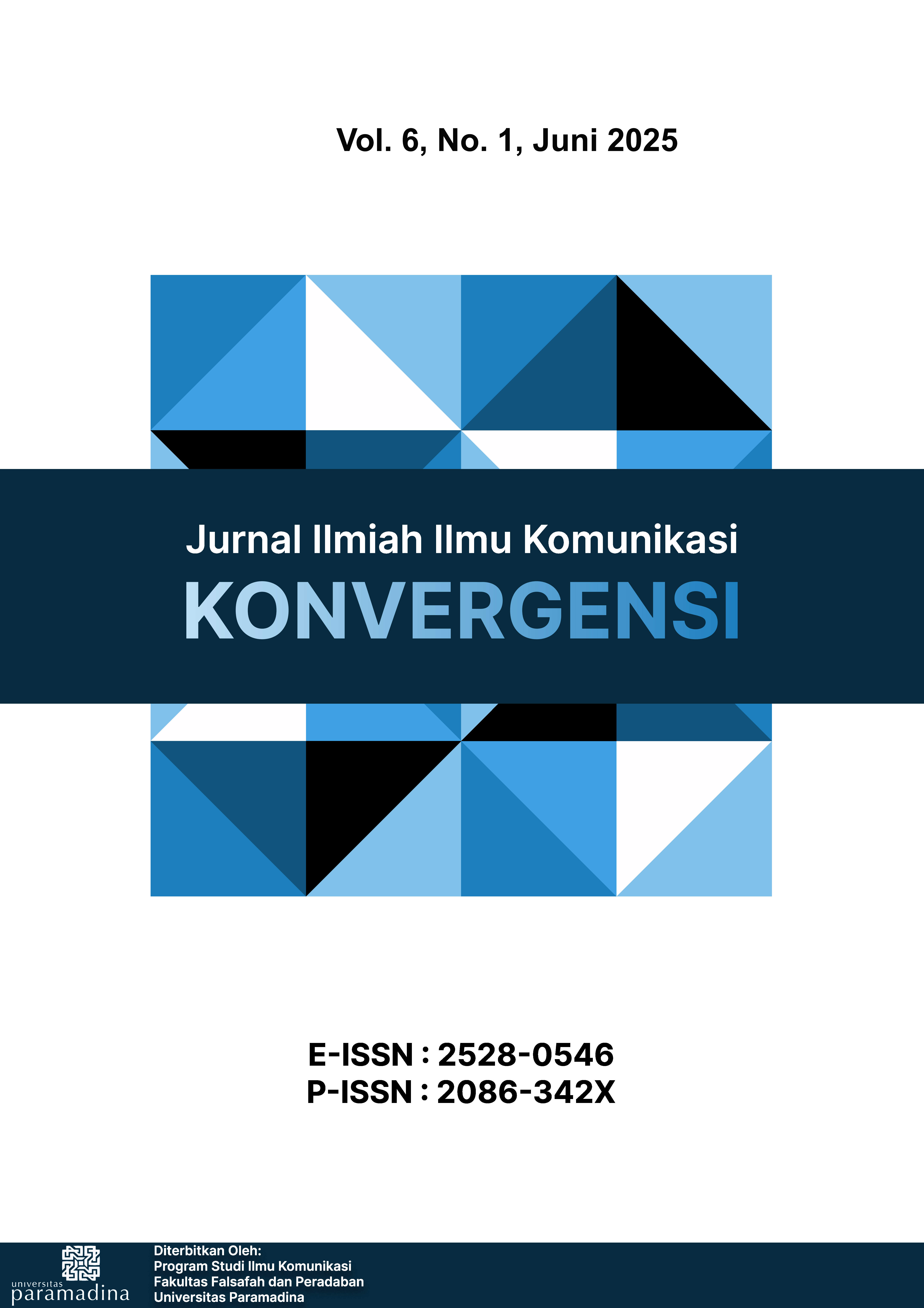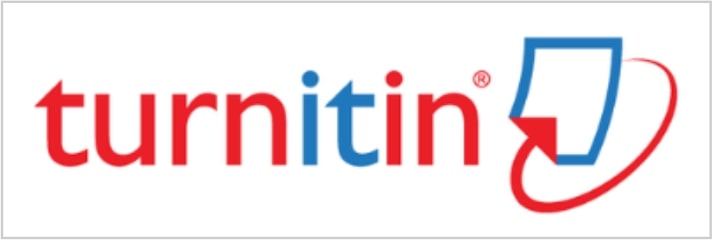AUDIENCE RECEPTION OF THE CONTROVERSY SURROUNDING THE FILM "LAURA"
DOI:
https://doi.org/10.51353/kvg.v6i1.995Abstract
This study analyzes audience reception of the controversy surrounding the “Laura” movie, which is based on the true story of influencer Laura Anna. The film portrays Laura’s struggle against injustice after experiencing a tragic accident that changed her life. Laura had a free intimate lifestyle with her boyfriend and posted her night parties’ life. However, one night she had an accident when she was coming home with her boyfriend and both of them were drunk. The film sparked various public opinions, both supportive and critical, particularly regarding Laura’s life before the accident. This research uses a descriptive qualitative research approach and Stuart Hall’s reception theory. This study examines how audiences interpret the messages in Laura through three positions: hegemonic dominant, negotiated, and oppositional. Reception analysis is used as a method to describe how the audience receives and interprets media texts. The findings reveal that one audience member falls into the hegemonic dominant position, stating that Laura is an inspirational story and disregarding the controversy. Three participants are in the negotiated position, acknowledging that the film’s message remains clear despite the surrounding controversy. One participant takes an oppositional stance, holding views that contradict the film’s intended message. The audience believes that the film Laura was brought to the big screen merely as an exploitation of tragedy rather than a work conveying the struggle of Laura. The audience thinks that the film is too dramatic and does not provide a clear solution to the issues raised. Keywords: Audience Reception, Stuart Hall, Indonesian Film, “Laura”, ControversyDownloads
Published
Issue
Section
License
Penulis yang menerbitkan jurnal ini menyetujui ketentuan berikut:
Penulis memiliki hak cipta dan memberikan hak kepada jurnal untuk publikasi pertama dengan karya yang dilisensikan secara bersamaan di bawah Lisensi Creative Commons Attribution CC BY yang memungkinkan orang lain untuk membagikan karyanya dengan pengakuan kepenulisan karya dan publikasi awal di jurnal ini.
Penulis dapat membuat perjanjian kontrak tambahan terpisah untuk distribusi non-eksklusif dari karya versi jurnal yang diterbitkan (misalnya, mempostingnya ke repositori institusi atau menerbitkannya dalam buku), dengan pengakuan atas publikasi awal di jurnal ini.
Penulis diizinkan dan didorong untuk memposting karya mereka secara online (misalnya, di repositori institusi atau di situs web mereka) sebelum dan selama proses pengiriman karena hal ini dapat menghasilkan pertukaran yang produktif, serta kutipan yang lebih awal dan lebih besar dari karya yang dipublikasikan.





